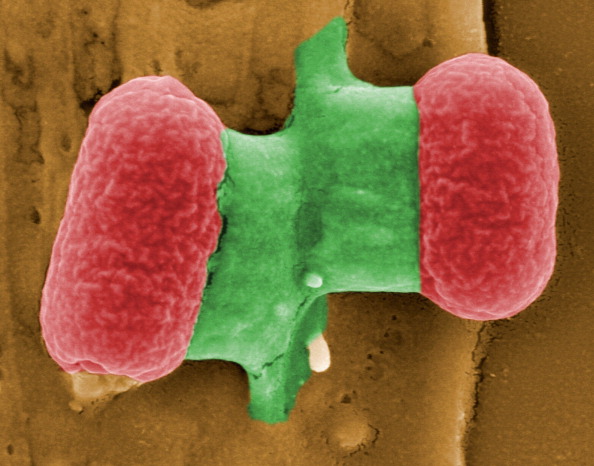
As of 2021, there are over 1.4 billion vehicles globally, and by 2036 the numbers could be doubled. If all cars burn diesel or petrol, the world will suffer a terrible climate consequence.
Climate Impact of Electric Vehicles
Electric vehicles emit fewer air pollutants, and if they run on renewable energy, driving an EV would not be a terrible thing for the environment. It would not add to the already existing greenhouse gases that warm the Earth's atmosphere.
Leading EV manufacturers like Tesla have to find a reliable source for their raw materials while simultaneously keeping import costs minimum. They can mine the deep sea, but it might endanger wildlife, and cause damage to sea creatures' natural habitats.
Waste electronics materials that contain precious metals are now piling up in numerous landfills, and some of the world's least progressive areas are utilized as garbage dumps.
These regions gather 2.5 million tons of additional waste byproducts every single year.
How Long Do EV Batteries Last
According to The Next Web, typical EV batteries last for eight to ten years, and lithium-ion batteries only have a recycling rate of less than 5% in Europe. But instead of getting new sources for EV batteries, it would be better to use what is already out in the open.
Read Also: Tesla Model S Plaid Comes With New Hidden Features - What Did You Miss?
Recycling EV Batteries
The media outlet reported that the most prominent lithium-ion battery recyclers come from China.
Even though companies from Europe and North America typically view recycling as a legal obligation, competition in China is so fierce that recyclers often pay to get EV batteries that they could recycle.
The process of recycling EV batteries typically involved melting them and extracting the metals. This event usually occurs in huge commercial facilities because lots of energy is needed, emitting plenty of carbon.
These facilities are quite expensive to build and operate. Sophisticated materials and equipment are often needed to treat the dangerous emission given off by the process.
However, its high cost does not equate to recovering all valuable materials of EV batteries.
How to Recycle EV Batteries Using Bacteria
According to The Next Web, researchers found a way to recycle EV batteries using bacteria through bioleaching.
Bioleaching is also referred to as biomining, and it involved employing metal-oxidizing microbes as part of their metabolic activities. It is a famous technique in the mining industry because, in a way, microorganisms are utilized to extract essential metals from ores.
Nevertheless, the bioleaching method is now being used to clean and recover materials from various electronic wastes. It would be an effective technique to recycle EV batteries, considering that the technology is still in its infancy.
Reusing EV battery components will revolutionize the automotive industry, and it will then be considered the batteries' key feature.
Recycling through bioleaching could become the beginning and end of the life of EV batteries, as it produces premium quality raw materials that new batteries can utilize at a low environmental and financial cost.
Related Article: Apple Electric Car to Have Battery Supplies from China's CATL, BYD: Report
This article is owned by Tech Times
Written by Fran Sanders








